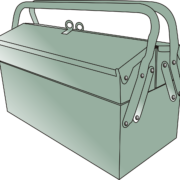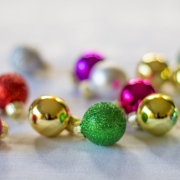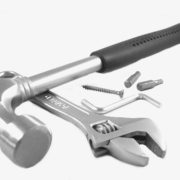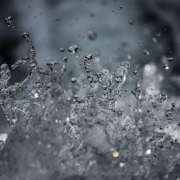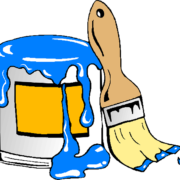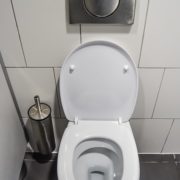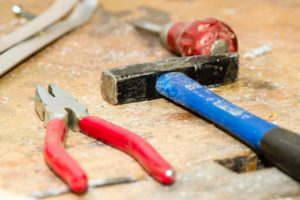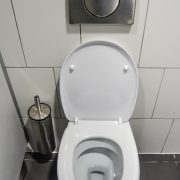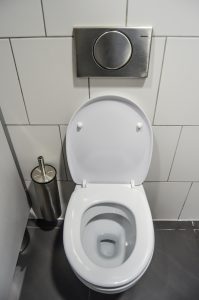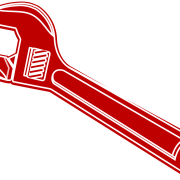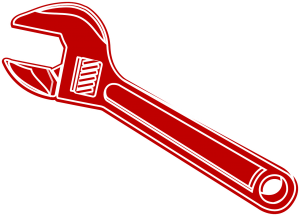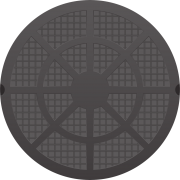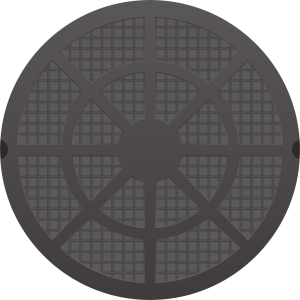Septic Advice To Help Prevent Septic Problems
Septic Preservation Services has many years of experience working in the septic industry in this region. This means that we can use our accumulated knowledge and the skills that we have developed to repair the septic problems that our customers have. What is sometimes even more important is that we can locate the cause of the issue and this sometimes means that we have to educate septic system owners in the best way to use their system to prevent septic problems happening in the future. 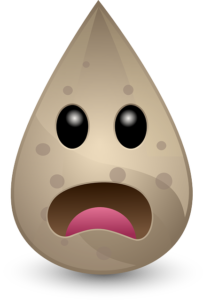 For example today we have been to a customer property in Westport MA and the mistake that they were making is that they were putting too much water into their system. The decomposition process can become strained if there is too much excess water in the septic system, resulting in a variety of problems. Ideally, septic owners should only be using a maximum of 50 gallons of water per day, per person. The following averages for common household activities can help you keep track:
For example today we have been to a customer property in Westport MA and the mistake that they were making is that they were putting too much water into their system. The decomposition process can become strained if there is too much excess water in the septic system, resulting in a variety of problems. Ideally, septic owners should only be using a maximum of 50 gallons of water per day, per person. The following averages for common household activities can help you keep track:
Dishwasher Cycle – 7 gallons
Washing Machine – 40 gallons per load (less with front-loader machines)
Toilet – 2 gallons per flush, 1.6 gallons for newer standard toilets
Shower – 2.5 gallons per minute (a 10 minute shower = 25 gallons)
It can be difficult to stay on top of usage, particularly for large families, but laying down some basic guidelines can help everyone to work together. New environmentally-friendly appliances, toilets and shower heads can help reduce usage without a lot of extra effort. Trying to spread laundry loads out over a week rather than doing it all on one day helps and not running many water using appliances all at once. A water meter can be helpful for households that feed off of a well. The Energy Star website also has a lot of helpful ideas and tips for reducing water usage. It is always a good idea to remember that a septic system is installed based upon the number of people that are anticipated to be using it. If your base number increases, you might need to upgrade to a larger system. We have other septic repairs scheduled today in Marion, Mattapoisett, Fall River and Fairhaven MA. If you have questions about your septic system or if you need to schedule a septic repair please do contact our Norton Office on 877 378 4279 or visit Septic Preservation Services
where we will be happy to help you.

